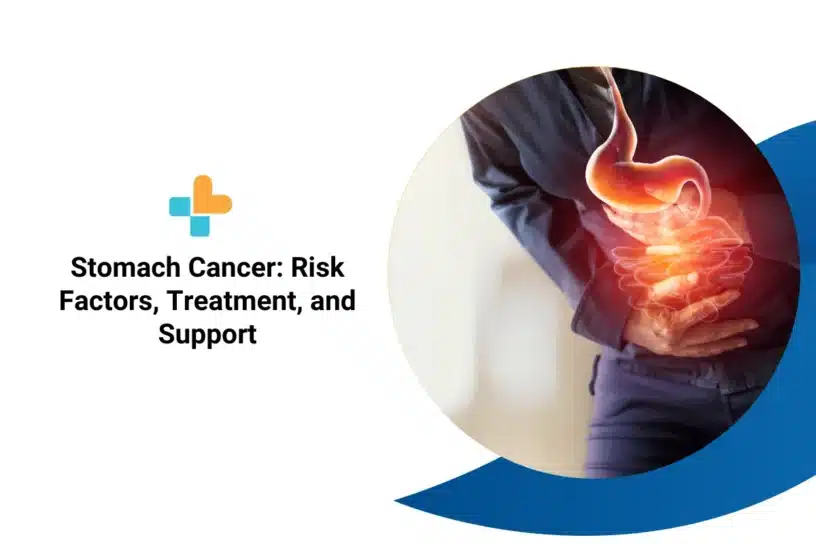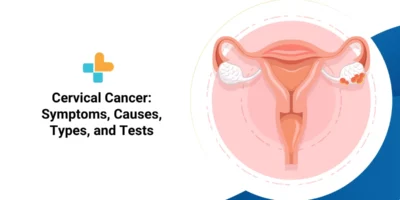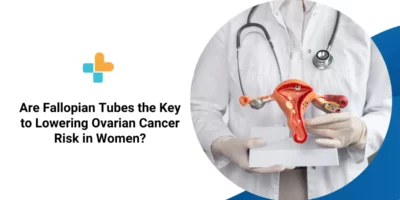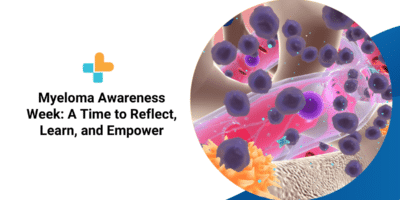Did you know that stomach cancer is among the five most deadly cancers in the world, killing over 768,693 people each year? This deadly disease affects individuals of all ages and genders, which is why we need to be aware of it.
This blog will explore the risk factors associated with stomach cancer, its treatment options, and available support. Let’s begin by understanding stomach cancer and its stages.
Understanding Stomach Cancer
Stomach cancer, medically known as gastric cancer, originates in the cells of the stomach lining. From there, it can develop into various types of stomach cancer.
Types of Stomach Cancer
Stomach cancer can develop from different cells within the stomach, resulting in distinct types of tumours. The following are the primary classifications:
- Adenocarcinoma: This is the most common type, accounting for about 90–95% of cases.
- Lymphoma: These cancers emerge in the lymphatic tissue of the stomach.
- Gastrointestinal stromal tumours (GISTs): Rare tumours that originate from specialized stomach wall cells.
- Carcinoid tumours: These tumours are relatively uncommon and tend to grow slowly.
- Squamous cell carcinoma: A rare type mainly found in the upper part of the stomach.
Risk Factors for Stomach Cancer
Understanding the risk factors of stomach cancer is the first step in preventing the disease. Here are some ones:
- Helicobacter pylori bacteria: An infection from Helicobacter pylori bacteria is a common risk factor for stomach cancer.
- Age: The risk of stomach cancer increases significantly after the age of 50.
- Gender, such as stomach cancer, is more common in men than women.
- Family history of stomach cancer or certain genetic syndromes.
- Smoking and excessive alcohol consumption.
- A diet is low in fruits and vegetables and high in salt-smoked or pickled foods.
- Previous stomach surgeries or medical conditions, such as pernicious anaemia.
After understanding the risk factors for stomach cancer, let’s delve into the potential symptoms of stomach cancer.
Symptoms of Stomach Cancer
Stomach cancer symptoms vary and may not be visible in the early stages. But as the disease progresses, the following symptoms may appear:
- Persistent abdominal pain or discomfort
- Unexplained weight loss
- Feeling full or bloated after eating small amounts
- Nausea and vomiting
- Difficulty swallowing
- Frequent heartburn or indigestion
- Fatigue and weakness
- Blood in the stool
Diagnosing Stomach Cancer
Diagnosing stomach cancer typically involves a combination of medical examinations and tests. Doctors can perform the following methods to diagnose stomach cancer:
- Medical history and physical examination
- Imaging tests like CT scans and endoscopy
- Biopsy to confirm cancer cells
- Staging to determine the severity of the disease
Treatments for Stomach Cancer
The choice of stomach cancer treatments depends on several factors, including the patient’s stage, location, and overall health. The following are the treatment options:
- Surgery to eliminate the tumour and affected tissues
- Chemotherapy to kill or slow down cancer cells
- Radiation therapy to destroy cancer cells
- Targeted treatment to target specific molecules in cancer cells
- Immunotherapy stimulates the immune system against cancer cells
Moving forward from the treatment for stomach cancer, let’s explore support and coping strategies for managing the disease’s physical, emotional, and practical challenges.
Support and Coping Strategies
A stomach cancer diagnosis can be frightening, but there is help available. Take into consideration the following strategies:
- Seek emotional help from friends, family, or support groups.
- Discuss concerns and questions with healthcare professionals.
- Maintain a healthy lifestyle to support physical and emotional well-being.
- Consider complementary therapies, such as yoga, meditation, or acupuncture.
- Stay informed about the latest research and advancements in stomach cancer treatment.
- Open and honest communication with loved ones regarding your needs and challenges.
Comprehensive Care and Support at Ayu Health
Understanding risk factors, treatment options, and support for stomach cancer is vital. We can reduce the risk by recognizing contributing factors and promoting early detection. Surgery, chemotherapy, and targeted therapy offer hope.
At Ayu Health, we prioritize comprehensive care, providing support and resources. Knowledge is power in the fight against stomach cancer. Seek medical advice and support to navigate effectively.
Our Hospital Locations
Oncology Surgery Hospitals in Bangalore | Oncology Surgery Hospitals in Jaipur | Oncology Surgery Hospitals in NCR | Oncology Surgery Hospitals in Hyderabad
Our DoctorsOncology Surgery Doctors in Bangalore | Oncology Surgery Doctors in Jaipur | Oncology Surgery Doctors in NCR | Oncology Surgery Doctors in Hyderabad
References:
https://www.cancer.net/cancer-types/stomach-cancer/statistics
https://www.ncbi.nlm.nih.gov/pmc/articles/PMC6444111/
https://journals.plos.org/plosone/article?id=10.1371/journal.pone.0220660




